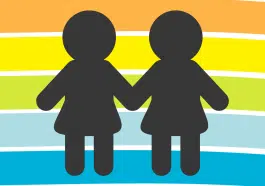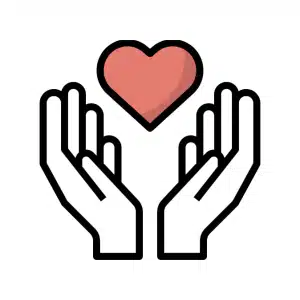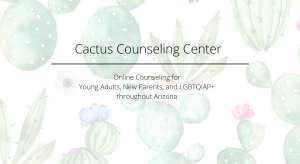Do you often feel as if stress, anger, anxiety, or depression is overtaking you? Do you act on impulse or do things that you regret later? If the answer is yes, then you can learn some emotion regulation strategies.
Every person can learn techniques to help regulate their feelings. By learning these strategies, you can improve your relationships by having better communication skills, as well as make decisions that you can feel good about.
Even though experiencing the full spectrums of emotions is healthy, you can create better coping mechanisms when you feel more activated. If you wake up feeling excessively angry, you can try using breathing technique to relax and calm yourself down.
How to Regulate Your Emotions
If you are feeling overwhelmed by your emotions, here are some steps that can help you regulate them:
Label Your Emotions
Before you embark on regulating your emotions, first, you need to understand your current feelings. Do you feel anxious, sad, disappointed? Identifying the situation you are in helps you understand how and where you can implement emotion coping strategies.
For example, if you feel sad, you can do something nice for yourself, like go for a walk or take some space and time for yourself.
Change Your Behaviour
One way of coping with your emotions is by changing behaviours that are not serving you. Some people work on changing behaviours like using the silent treatment, which can be considered to be a passive-aggressive response. You could change this behaviour by being more direct with others or creating better boundaries.
Take a Pause
One of the best ways of regulating your emotions is by taking a pause. You can take a deep breath before addressing a conflict. It may take you a few minutes to self-regulate, but it will help you avoid any escalation during a tense moment.
Sometimes it helps to take a bit longer before responding to the emotional trigger. You can take a day or two before responding to someone.
How to Regulate Your Emotions: Distract Yourself
When you are feeling down, you can try an activity if you feel up to it. For instance, you can watch your favourite movie, or take a walk outside. Sometimes finding a distraction or venturing outside can boost your endorphins. However, that is easier said than done, it is important to honour your feelings. Meeting up with a friend can also help you release some emotions and get things off your chest.
Accept What’s Going on Around You
We are always triggered emotionally by what’s going on around us. It can be a huge situation or an insignificant thing that is causing the headache. The best way to deal with it is simply by accepting the situation. We cannot change some things, but we can live with them by accepting them as they are.
Avoid Keeping It to Yourself
Talking about your circumstances to a professional can help. When you keep your feelings inside, it can end up creating negative health outcomes. Here is a great resource if you want to find someone to talk to. If you cannot afford therapy, there are affordable mental health apps and meditation apps, and articles available out there.
What are the Impacts of Your Emotions?
Emotions can make your life vibrant and exciting. However, if your emotions are standing in the way of your happiness, preventing you from having healthy relationships, then you can develop healthy coping strategies.
How to Regulate Your Emotions: Know Where and How to Express Yourself
Experiencing a spectrum of emotions serves a purpose. For instance, after losing a loved one, crying is a justifiable response.
However, sometimes experiencing troubling emotions can negatively impact your life. For example, if you are feeling overwhelmed by anger, yelling at your boss in a workplace setting can put you at risk for losing your job.
Understanding and being mindful of the situation and surroundings can help you identify when and how to express your feelings.
Practicing Gratitude
Although you might be going through low moments that make you feel sad and lonely, some people find that practicing gratitude can be a helpful coping tool. You can concentrate on what life has offered you and what you have achieved. As they say, count your blessings.
Regulate Your Emotions – What Exactly Triggers Emotions?
These days, especially during COVID times, emotional periods are inevitable. Even calm and outgoing people may have difficulty in regulating their feelings.
Identify the triggers can be a helpful strategy. Knowing exactly what impacts your mood will help regulate your emotions and help you avoid potential triggers.
Learning your triggers can improve your situation and help you cope better. Not all of us experience trouble with the same emotions. Some have challenges with regulating their anger, while some feel helpless and fearful. You need to know the triggers before your emotions overtake you.
Some people act out as soon as they are triggered, which can make the situation worse. For example, if you were having an argument with your partner for coming home late, you may end up calling them names or saying hurtful things and then regret it later after the damage has been done.
Instead of arguing during the confrontation, you could practice calming techniques or walk away from the situation first, and then have a healthy discussion about it later. Waiting can be an incredible coping tool that helps de-escalate a situation.















